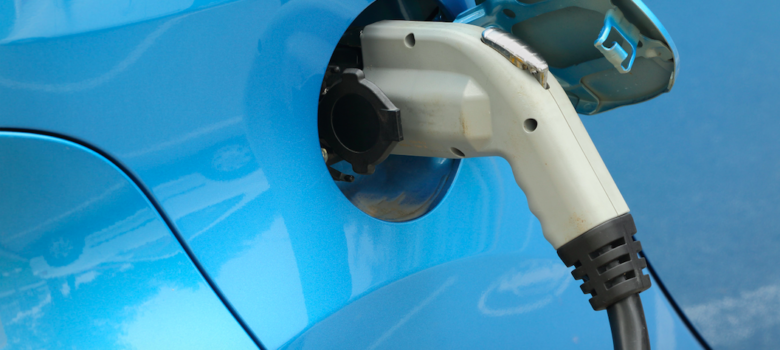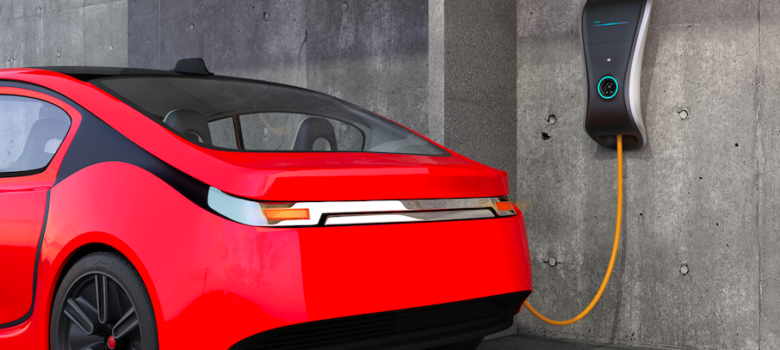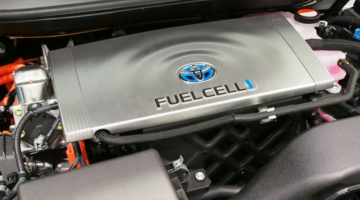
For years, the electric car industry was a growing, but niche, market. It is now broadening out to new customer bases thanks to new models, grants and battery technology.
Tesla has given the industry a much-needed boost, bringing electric cars to a new audience and bringing them much-needed publicity. Tesla’s Model 3 – launched in spring 2016 – rebutted the years old claim that electric cars are ‘ugly’. Its range of 215 miles and network of ‘superchargers’ made running an electric car look much easier.
Renault are surfing the back of this wave with the recent launch of their Zoe model. It looks like a normal car and costs £17,000. With a government grant of £4,500 deducted, the price is comparable to that of a similarly sized car. With technology and design constantly improving, buying an electric car is suddenly looking much more appealing.
With recent developments in mind, we’ve put together some frequently asked questions.
Are electric cars carbon neutral?
Electric cars are only ‘zero emission’ in terms of tailpipe emissions. This term doesn’t take into account upstream emissions through power generation if they are charged with electricity from the grid. Clearly, if the electricity grid was drawn from renewable energy, electric cars would be carbon neutral. In the meantime, they are still much better for the environment than petrol and diesel cars.
What are the other benefits of electric cars?
The fact they have fewer moving parts means they are quieter and they can have a smoother drive than petrol cars. It also means they require less maintenance, so can be cheaper to keep.
They are exempt from road tax and from the London Congestion Charge.
How long do batteries last?
The average distance is around 100 miles, although this can be affected by the style of driving and extreme weather. As battery storage technology improves year on year, cars can last longer between charges. Tesla’s Model 3 has a range of over 200 miles.
Current technology means that batteries may need replacing after 5-10 years in order to retain efficiency. After a few thousand few charges, the battery will lose its ability to hold charge as effectively.
Can electric cars be charged anywhere?
Most people with off-road parking charge them at home overnight off a domestic socket. Some choose to install bigger chargers in their garages – the Renault Zoe, for instance, comes with a 7W home charger which charges the car from flat to full in 4 hours.
There are public chargers all over the UK, so (with a bit of forward planning) you should always be able to find one when you need it. Chargers are scarcer in rural areas, so this is something to take into account before buying. You can find charging maps online.
At the time of writing, there are 11892 charging connectors in the UK. There are also a growing number of ‘rapid chargers’, which charge your car in a shorter time.

Rapid charging points (usually found at motorway service stations) vary from being free-to-use to costing around £7.20 for a 30 minute charge.
So, in conclusion, if you often travel long distances in your car, you may find charging a bit of a nuisance. With charging times getting quicker and batteries lasting longer, this is set to become less of an issue. In the meantime, an electric car is a great option for short trips – if you’re looking for a second car, it could be worth considering.
Installing an EV charging point
Interested in having an electric car charging point installed in your home? We have scoured the country for the best tradespeople, so that we can make sure we only recommend those we really trust.
If you would like us to find you a local installer to help install an EV charging point in your home, just fill in the form below and we will be in touch shortly!













hi from john in Carlisle uk. Like all good things can be a down fall. Or can turn to a b=no-brainer…may I ask as all points been look at. If your on a motorway .and a accident as append 20 mills down motorway…and you are stuck 5 mills from the cash..in the traffic the tempriter out side is 10 below. .and you only have1/4 battery power. the old up as I have seen as long as 8 hours. on the m6..in freezing weather this year.2019 is the car aquept for this . ??? I am a biker at 65 I was looking at a battery bike but the cost £14.000. is out of my raing……my bike as a brain. I find if I keep a good battery on the bike.it starts and runs beater. .if the battery starts losing it energy it starts to lock up. Jump start iterons ok. until you remove the jump pack. the engines miss firers then stops…so what about the eclectic car or bike…thank lets no your thinking. the first car made was it 1853.?